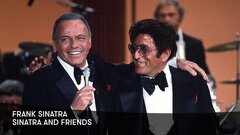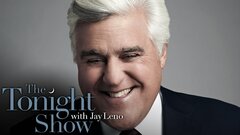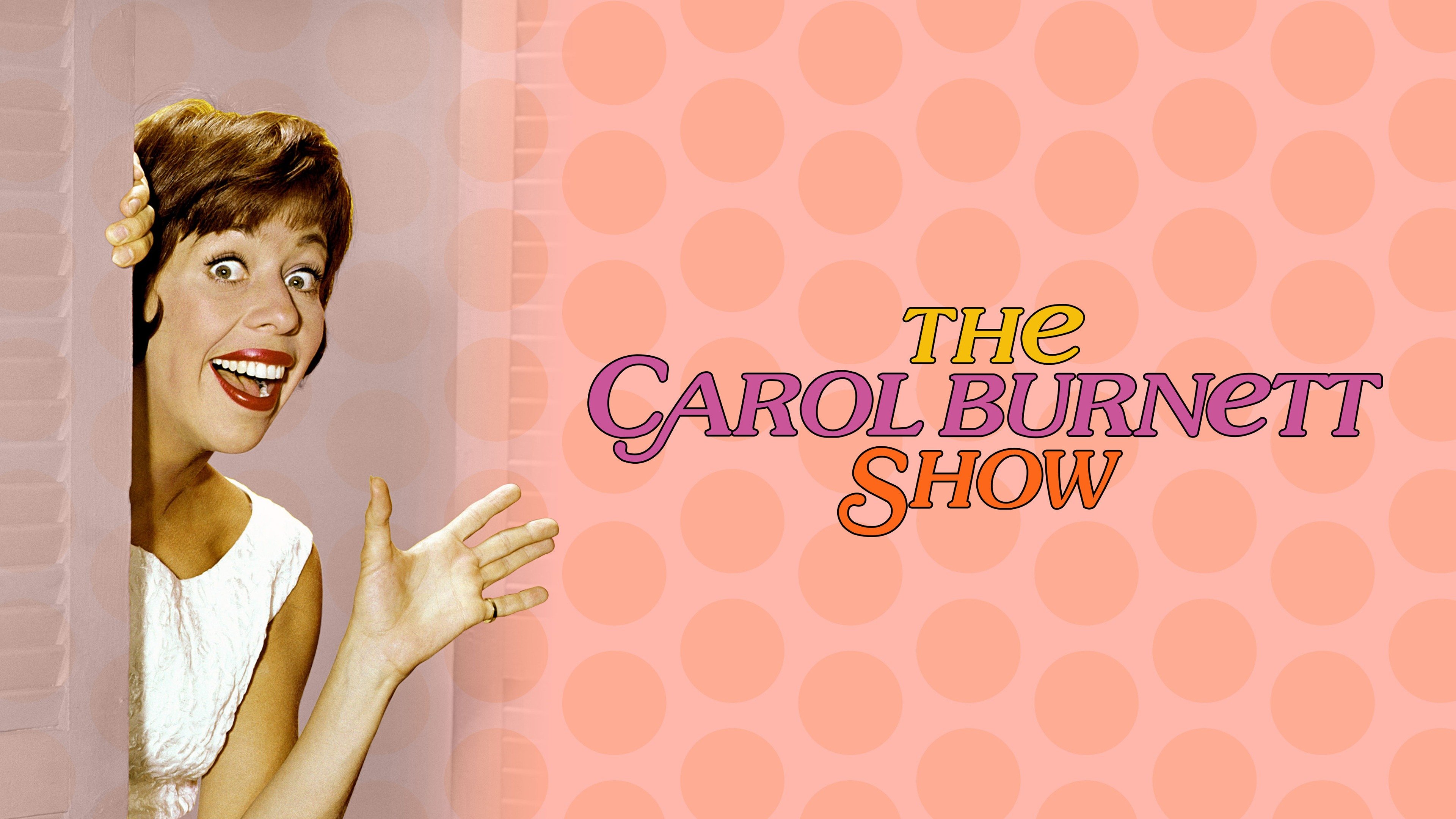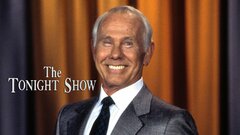The daughter of pop icon Nat "King" Cole, Natalie Cole enjoyed not one but two successful stages of her own career as a singer, first in the mid-1970s as a R&B performer, and later in the early 1990s as a pop-jazz vocalist in the style of her father. Cole began performing as a child on her father's records, but waited until her post-college years to try her hand at a solo career. The results were immediately successful, with her debut single "This Will Be" earning a Grammy award.
A string of hit records followed until her career was derailed in the early 1980s by a serious heroin and crack cocaine problem. She rebounded by the end of the decade before reaching the height of her popularity with Unforgettable With Love (1991), which famously featured an electronically constructed duet of the standard "Unforgettable" with her father. It swept the Grammys that year and re-minted Cole as a world-class pop interpreter.
She moved between jazz and standards and R&B material for the better part of the next decade, slowing only to contend with health problems incurred as a result of her past addictions. She emerged from these issues with renewed vigor, retaining her status as a living connection to her father's storied career while appearing in films and on television in dramatic roles that helped firmly establish Cole as a successful artist in her own right. Sadly, her health issues returned later, causing her death at the age of 65 due to complications from hepatitis C on December 31, 2015.
Born Natalie Maria Cole in Los Angeles, California on February 6, 1950, she was raised in a family of entertainers that included not only her father, but also mother Maria Hawkins Ellington - a former big band singer who was once married to Duke Ellington - and her uncle, jazz vocalist Freddy Cole. Raised with two adopted siblings and her two biological sisters in Los Angeles' affluent Hancock Park district, Cole began her singing career at the age of six, lending her vocals to a Christmas album recorded by her father, but focused largely on her education after her father's death from lung cancer in 1965. She was 15 years old, with the loss causing a considerable rift with her mother.
After graduating from the University of Massachusetts Amherst with a degree in child psychology in 1972, Cole reinvested in her singing career, performing at small Los Angeles clubs with her band, Black Magic. However, her choice of material - rock and R&B covers - disappointed listeners who had come to hear her perform pop standards in the vein of her father's material. In 1973, she teamed with producers Chuck Jackson and Marvin Yancy for a series of recordings they submitted to several record labels. All passed, save her father's former imprint, Capitol Records, which signed her to a contract. She also married Yancy in 1976, with whom she had a son, Robert, the following year.
Cole's debut album, Inseparable (1975), was a hit based on the strength of its lead single, "This Will Be," which broke into the Top 10 before netting her a Grammy for Best Female R&B Vocal Performance, as well as another for Best New Artist. Seven consecutive albums quickly followed this initial success between 1976 and 1979, each reaching gold or platinum sales status, and generating such hits as the No. 1 R&B single "I've Got Love on My Mind" and the funky "Sophisticated Lady (She's a Different Lady)," which earned her a third Grammy in 1977. Her winning streak ended with her 1980 release, Don't Look Back, which adopted a more adult contemporary sound instead of her previous soul material. Meanwhile, Cole's health also took a downward turn due to a serious addiction to heroin and crack cocaine, which prompted a six-month stay at a Connecticut rehabilitation facility in 1983.
Following her recovery, she slowly began to rebuild her career, signing with Modern, an imprint of Atco Records, for 1985's Dangerous, which reached the lower end of the R&B albums chart.
But just two years later, Cole scored an impressive comeback with Everlasting (1987), which also marked her debut for the EMI-Manhattan label. A platinum-selling record thanks to such hit singles as her cover of Bruce Springsteen's "Pink Cadillac" and "(Jump Start) My Heart," it paved the way for even greater success with Good To Be Back (1989), which scored a Top 10 single with "Miss You Like Crazy." By this point, Cole was including several pop standards on each album, breaking her long-standing refusal to cover the sort of material that had made her father a star in the 1950s and 1960s. She fully embraced his lush, jazz-tinged sound on her next album, Unforgettable With Love (1991), which proved to be her biggest selling record to date. Key to the record's success was the single "Unforgettable," which mixed her rendition with her father's 1961 classic, thus allowing them to finally perform a duet together almost four decades after his death. The single took home Grammys for Song of the Year and Best Traditional Pop Vocal Performance in 1992, while the album itself won for Record of the Year. Its follow-up, Take a Look, followed in a similar sonic vein, which sent it to the top of the jazz charts while earning another Grammy for Best Jazz Vocal Performance.
During this period, Cole began exploring acting opportunities, much as her father had done at the peak of his career. She chose her roles judiciously, starting small with guest turns on "I'll Fly Away" (NBC, 1991-93) before tackling her first starring role as the devoted nanny to a young white boy in the 1960s South in "Lily in Winter" (1994). Cole soon returned to guest appearances before making her debut as producer on the biopic "Livin' for Love: The Natalie Cole Story" (NBC, 2000), which was based on her autobiography, Angel on My Shoulder, released that same year. During this busy period, Cole continued to record and release new music, including the Christmas album, Holly & Ivy (1994), and Stardust (1996), which featured another duet with her father on "When I Fall In Love." The album captured two Grammy awards, including Best Pop Collaboration with Vocals and Best Instrumental Arrangement with Accompanying Vocals.
Three years later, Cole put her pop standard material on the backburner in favor of the urban contemporary sound of her 1970s recordings. However, Snowfall on the Sahara (1999) and a second Christmas album, The Magic of Christmas (1999), fared only moderately well, prompting Cole to return to pop-jazz via a new contract with the Verve label. Her debut there, Ask A Woman Who Knows (2002), reached the Top 40 on the Billboard 2000 and the top of the Jazz chart, but its follow-up, Leavin' (2006), was a lesser performer due to its collection of rock and R&B covers. In 2008, she moved to Rhino Records for Still Unforgettable, which featured a duet with her father on "Walkin' My Baby Back Home" that earned the record a Grammy for Best Traditional Pop Vocal Album. But the success of the year was also tempered by news that she had been diagnosed with hepatitis C. The disease, which was likely due to her drug use, prompted treatment using anti-viral medication that while rendering her virus negative, left her suffering from fatigue and dehydration which required hospitalization in the fall of that year. The following year, it was revealed that Cole was also receiving dialysis treatment due to kidney disease. She eventually received a kidney transplant on the same day that her adopted sister, actress Carole Cole, who also served as CEO of her father's licensing catalog, had died of cancer. Natalie Cole returned to performing later that year with a triumphant performance at the Hollywood Bowl. In 2010, she performed with Andrea Bocelli in Los Angeles after collaborating with the Italian tenor on his compilation album, My Christmas (2009). Back on the screen, she had cameo appearances on the reality series "Real Housewives of Miami" (Bravo, 2011- )and "Real Housewives of New York City" (Bravo, 2008- ). However, increasing problems with her health forced Cole to pull back from her public appearances. Natalie Cole died on December 31, 2015, after suffering from both congestive heart failure and liver failure. She was 65 years old.
By Paul Gaita














































































